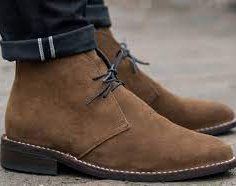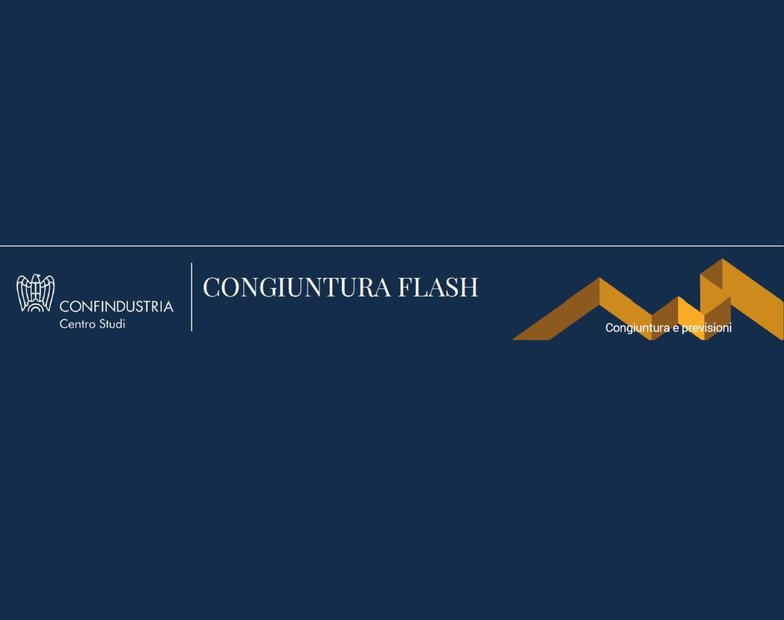As the world returned to more pre-Covid 19 normalcy, to the office and to social events, the branded casual footwear market recovered strongly by rising 19.5 percent in 2021 to $14,671 million from $12,272 million a year earlier. While impressive, the percentage gain did not equal those made by the global sports (+26.4%) and European (+28%) rugged footwear markets in 2021. [Casual footwear sales rebound in 2021 | Article-shoeintelligence.com]
The annual study is done in conjunction with Shoe Intelligence, which provided insights on the European brands in this segment. Sales totals were skewed by a strengthening U.S. dollar during the calendar year.
The chart data is based, whenever possible, on information from public companies, input from management, press and credit reports, or our own estimates when no other data is available. The figures are translated into U.S. dollars at the average exchange rate as calculated by the OECD for each year. Our figures attempt to exclude non-footwear product sales such as apparel in the case of Geox and Timberland or leather for Ecco. Most revenue figures are reported in terms of invoiced sales, but many brands include their direct-to-consumer (DTC) revenues in their numbers, which is partly compensated by the companies’ sales to wholesale distributors at a discount.
Worldwide, all brands recorded sales increases for the year with 11 of the 15 up by double-digits, led by the Steve Madden Group. The Top Six brands (Ugg, Timberland, Steve Madden, Clarks, Ecco and Dr. Martens) each achieved over $1 billion in annual sales, grew revenues by 24.1 percent in aggregate and represented 58.6 percent of all brand sales in the segment. Three of the 15 represented casual brands (Lumberjack, Vagabond, and Dockers by Gerli) did not make any U.S. sales last year. The U.S. market expanded by 29.5 percent with Ugg and Steve Madden the only two to surpass $1 billion in sales. In non-U.S. markets, aggregate revenue growth was up 13.0 percent year-over-year with only Ecco surpassing the $1 billion sales mark with its commanding 12.3 percent market share outside the U.S. Four brands (Sperry, Allbirds, Dockers and Sanuk) represented less than 1 percent market share outside the U.S.
There are some signs that the increasing sales and market share trends should continue in the casual footwear segment in 2023, global recessionary impacts notwithstanding. Besides currency headwinds, increasing promotional activity, ongoing lockdowns in Greater China and persistent inflation could weigh negatively on the casual footwear market in the year ahead. Still, U.S. retailers Shoe Carnival and Famous Footwear recently reported ongoing customer migration to more casual offerings.
Parent Wolverine Worldwide, which has experienced softening boat shoe demand for its Sperry business, has moved the brand into a new Lifestyle group along with Keds and Hush Puppies. Under new CEO Jonathan Ram, Clarks is aiming to win back customers in its home U.K. market and increase its market share in China. Steve Madden sees its international business as a major long-term growth opportunity. Birkenstock is investing an estimated $113 million in a new northeast Germany production facility that is slated to be up-and-running by Fall 2023. On the product front, Ugg is introducing its first carbon neutral classic boot as it continues to broaden the brand’s reach beyond its classic products. Timberland has sharpened its product focus under new global brand president Susie Mulder. And Allbirds is introducing plant leather in its product assortment.
The figures in this table are estimates made by SGI and Shoe Intelligence and should not be understood as verifiable facts. SGI calculates the estimates based on published data and comments from executives at major public companies, input from private companies when available, other sources within the industry, and segment and historical trends.



